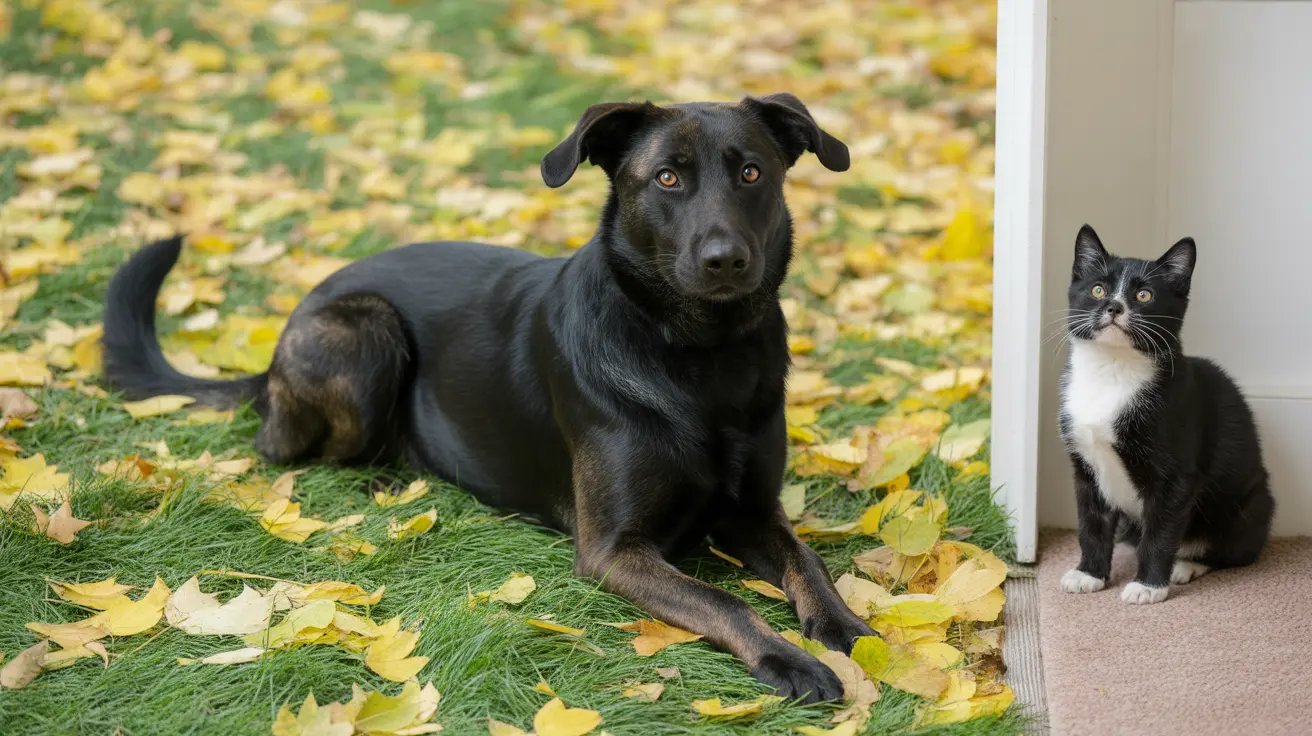As pet owners become more conscious about their dogs' diets, questions often arise about common household seasonings. One frequent concern is whether black pepper is safe for our canine companions. Let's explore everything you need to know about dogs and black pepper, from safety considerations to potential risks.
Understanding Black Pepper and Dogs
Black pepper, while a staple seasoning in human cuisine, isn't a necessary addition to your dog's diet. While small amounts are generally not toxic, it's important to understand that dogs process spices differently than humans do. Their digestive systems are more sensitive, and what might seem like a modest amount to us could cause discomfort for them.
Is Black Pepper Ok for Dogs?
The simple answer is that while tiny amounts of black pepper aren't typically dangerous, it's best to avoid intentionally adding it to your dog's food. Dogs can technically consume food that contains trace amounts of black pepper without immediate harm, but there's no nutritional benefit to justify its inclusion in their diet.
If your dog accidentally consumes a small amount of black pepper-seasoned food, there's usually no cause for immediate concern. However, regular exposure or larger quantities should be avoided.
Potential Risks and Side Effects
Digestive Issues
Black pepper can irritate your dog's digestive system, potentially leading to:
- Stomach upset and discomfort
- Diarrhea
- Vomiting
- Indigestion
- Gas and bloating
Respiratory Concerns
Ground black pepper poses specific risks when inhaled:
- Sneezing fits
- Coughing
- Nasal irritation
- Potential respiratory distress
- Risk of aspiration
When to Contact Your Veterinarian
Monitor your dog closely if they've consumed black pepper, and watch for these warning signs:
- Excessive drooling
- Persistent coughing or sneezing
- Signs of respiratory distress
- Severe gastrointestinal upset
- Unusual behavior or lethargy
If you notice any of these symptoms, it's best to consult with your veterinarian immediately. They can provide appropriate guidance based on your dog's size, age, and the amount of black pepper consumed.
Safe Feeding Practices
To ensure your dog's safety and well-being:
- Serve plain, unseasoned food
- Keep black pepper containers sealed and stored away
- Inform family members about the risks
- Choose dog-specific treats and seasonings
- Consider pet-safe herbs if you want to add flavor to your dog's food
Frequently Asked Questions
Is black pepper safe for dogs to eat, and in what amounts?
While not toxic in very small amounts, black pepper isn't recommended for dogs. There's no safe recommended amount, and it's best to avoid it entirely in your dog's diet.
What are the side effects if my dog eats too much black pepper?
Common side effects include digestive upset, vomiting, diarrhea, respiratory irritation, sneezing, and coughing. In severe cases, it can cause significant gastrointestinal distress.
Can black pepper make dogs aggressive or cause behavioral changes?
There is no scientific evidence suggesting that black pepper causes aggression in dogs. Any behavioral changes after consuming black pepper are more likely due to physical discomfort rather than actual aggression.
What should I do if my dog accidentally inhales or eats a large amount of black pepper?
Monitor your dog closely for adverse reactions. If you notice severe symptoms or respiratory distress, contact your veterinarian immediately. Provide fresh water and watch for signs of digestive upset.
Are there any health benefits to including black pepper in my dog's diet?
No, there are no proven health benefits of black pepper for dogs. While it may have some benefits for humans, dogs don't need black pepper in their diet to maintain good health.






